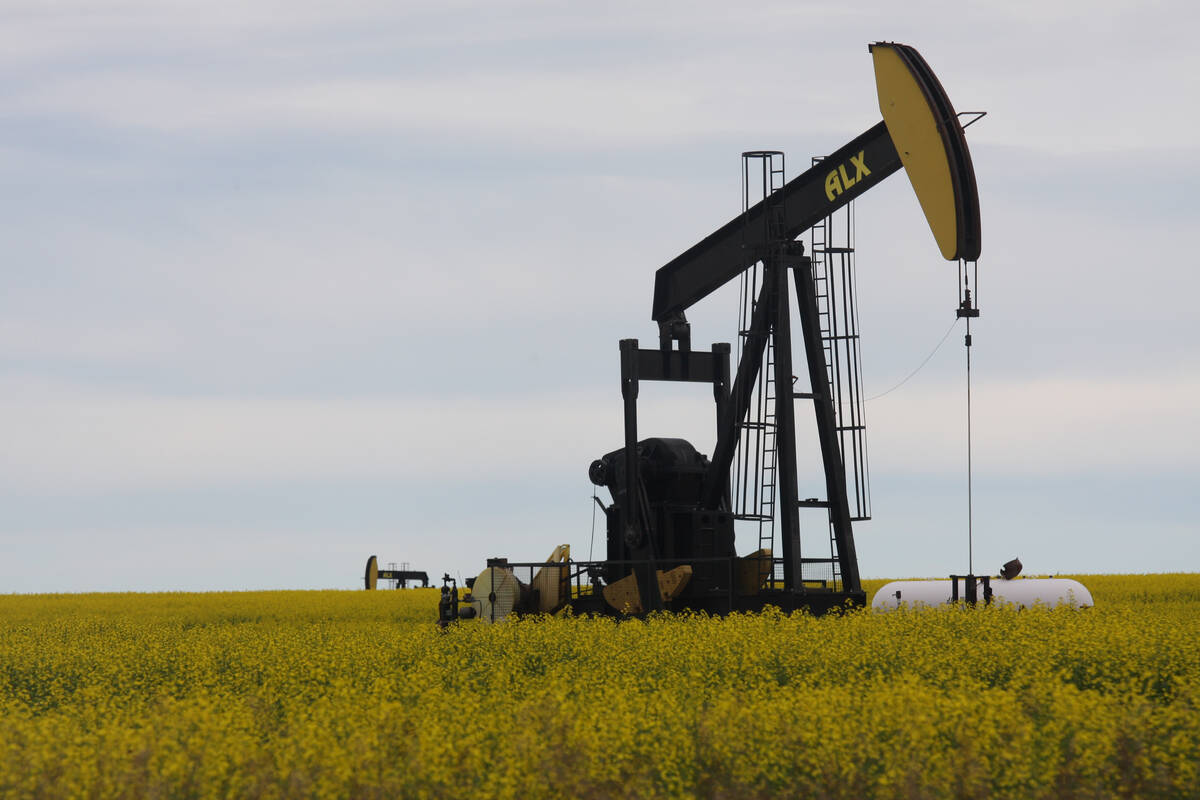There are two conflicting opinions on the future of Canada’s oil and gas sector.
The pro-petroleum side is telling us we need to double production and build pipelines from coast to coast to coast.
Other energy pundits are equally confident that global demand for oil and gas will peak by 2030 and fall precipitously in the decades that follow.
Read Also

Kochia has become a significant problem for Prairie farmers
As you travel through southern Saskatchewan and Alberta, particularly in areas challenged by dry growing conditions, the magnitude of the kochia problem is easy to see.
A new analysis from Ember describes the mechanisms that will propel the world away from fossil fuel in the near future. The report identifies energy security as a key driver of both electrification and renewable energy.
Look no further than China to see how the world’s fastest growing economic power is rapidly building systems that will eliminate its dependence on foreign oil and gas while exporting those solutions around the world.
Why is energy independence a national security issue?
Ember points out that three-quarters of the world’s population resides in countries that import fossil fuels. That fuel supply must be replenished daily to keep vehicles moving, homes heated and factories running.
This reliance on oil-producing nations, some proving to be dubious global partners, is increasingly becoming a risk to a nation’s economy.
The costs of geopolitical price shocks and decarbonizing the fossil fuel energy system will make a nation uncompetitive once other nations have switched to lower-cost and less-damaging alternatives to power their economies.
Electrification and renewable energy offer countries a path toward energy independence and security.
According to the Ember analysis, electric vehicles have the potential to reduce a country’s petroleum imports by one third.
Heat pumps can reduce imports by another 14 per cent, and renewable energy (wind, solar and energy storage) can provide another 25 per cent reduction.
In total, these three technologies can reduce fossil fuel imports by 70 per cent and save $1.3 trillion in imported fuel costs.
Canadians are being told that our country must fund rapid expansion of fossil fuel infrastructure for the greater good of the country.
But rather than producing a gusher of wealth for all Canadians, this approach is far more likely to create profits for foreign corporations in the short term and leave Canadians with under-utilized pipelines and hundreds of billions of dollars in environmental clean-up liabilities in the long term.
Ember offers an alternative solution in electrification powered by renewable energy. Most countries have sufficient wind and solar resources to meet current and future energy demand many times over.
Energy importers must maintain daily inflows of fossil fuel to support their demand, or the economy could grind to a halt. With renewable energy systems, the equipment is imported once and then generates low-cost energy for decades with lower operating and maintenance costs than the petroleum option.
China has embraced the opportunity and is moving remarkably fast to build the infrastructure and technologies that will eventually eliminate fossil fuel imports. Its crude oil imports have already begun to plateau and by 2030 will likely be in steady decline.
Not only is China setting the example for other countries seeking energy independence, it is exporting these technologies at a cost that makes fossil energy uncompetitive.
Once clean energy systems are built around the world, they will operate for decades, and far superior technology will be available when they eventually reach end of life. There will be no going back to fossil fuels.
The dream of pipeline construction and doubling petroleum production will leave Canadians with an enormous financial and environmental liability if the majority of the world’s nations are successful in eliminating their dependence on foreign energy.

















